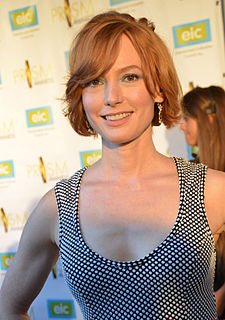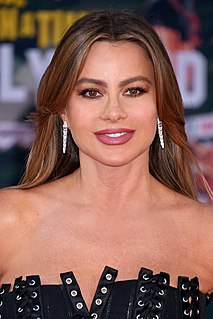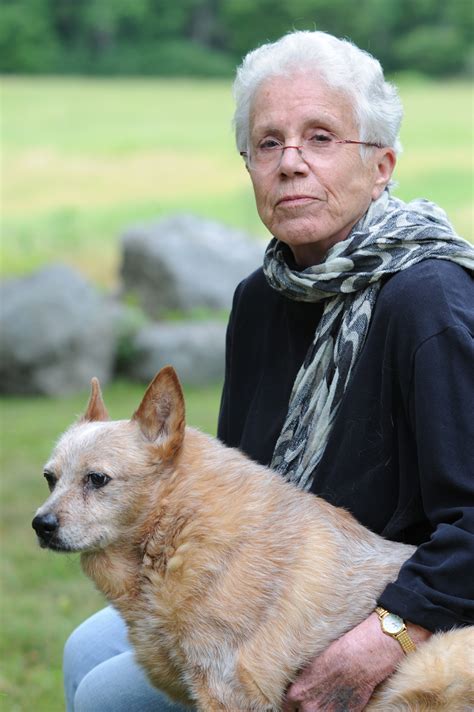A Quote by Alicia Witt
Redheads get so stereotyped. You're either exotic and wild or totally Victorian.
Related Quotes
We either have wild places or we don't. We admit the spiritual-emotional validity of wild, beautiful places or we don't. We have a philosophy of simplicity of experience in these wild places or we don't. We admit an almost religious devotion to the clean exposition of the wild, natural earth or we don't.
Hear and attend and listen; for this is what befell and be-happened and became and was, O my Best Beloved, when the Tame animals were wild. The dog was wild, and the Horse was wild, and the Cow was wild, and the Sheep was wild, and the Pig was wild -as wild as wild could be - and they walked in the Wet Wild Woods by their wild lones. But the wildest of all the wild animals was the Cat. He walked by himself and all places were alike to him
God, you Jews are truly exotic." Exotic? She should only know the Greenblatts. Or Mr. and Mrs. Milton Sharpstein, my father's friends. Or for that matter, my cousin Tovah. Exotic? I mean, they're nice, but hardly exotic with their endless bickering over the best way to combat indigestion or how far back to sit from the television set.
She had lived in that house fourteen years, and every year she had demanded of John that she be given a pet of some strange exotic breed. Not that she did not have enough animals. She had collected several wild and broken animals that, in a way, had become exotic by their breaking. Their roof would have collapsed from the number of birds who might have lived there if the desert hadn't killed three- quarters of those that tried to cross it. Still every animal that came within a certain radius of that house was given a welcome-the tame, the half born, the wild, the wounded.
Calling something exotic emphasizes its distance from the reader. We don't refer to things as exotic if we think of them as ordinary. We call something exotic if it's so different that we see no way to emulate it or understand how it came to be. We call someone exotic if we aren't especially interested in viewing them as people - just as objects representing their culture.




































